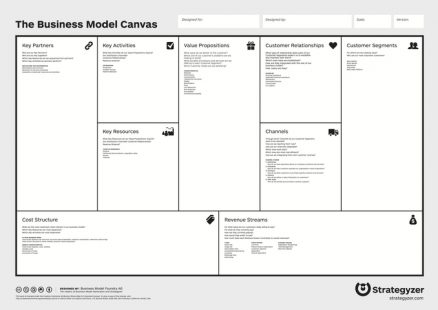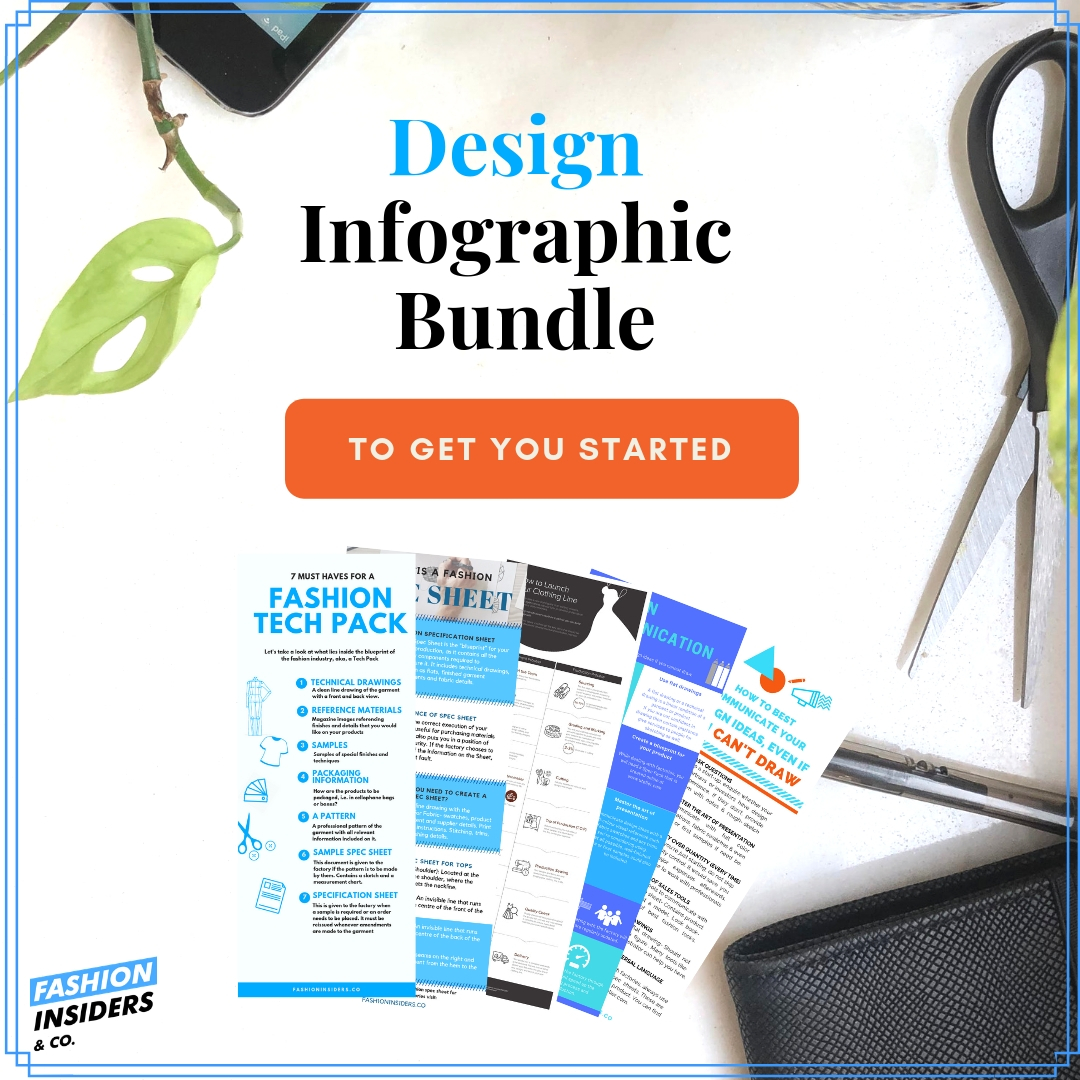Imagine this – you have a great idea, you want to start your own business and everyone you tell is supportive and encouraging, and then they tell you firmly in a non-negotiable tone of voice, “You MUST write a business plan!”
If you are a creative anywhere, but particularly in the fashion industry and the thought of writing a Business Plan sends chills down your spine, please rest assured that you are not alone. And you will be right to say that they take too long to write, you don’t know the answer to many questions, and no one reads them once they are written etc. But not having one and not undertaking any proper business planning is not a good place to be either.
Success is rarely accidental. Most successful businesses may have had some element of luck along the way but mostly they planned for it – one way or another.
Like houses, you cannot build a business without a plan. Properly constructed business plans are the equivalent to architectural blueprints. They are important documents to have and refer to on the way of achieving your vision. But they are also rigid and not so easily digestible, especially at the start of a new business. The financial projections required at this point are akin to fantasy football. They mean nothing as they are not based on facts and proven and tested products, ideas or business models. And in today’s fast-paced and fast changing world – how can anyone project what the revenue might be in three to five years?
Luckily, as with building houses – before you invest time and money into a ‘proper’ blueprint – everyone starts with an idea and a sketch, which is tweaked and amended until you arrive at the perfect plan, and every detail is clear and there are no unknowns. The equivalent to this in business is a well-documented starting point and a systematic process for going from your ‘Plan A’ to a plan that works, before running out of resources and before investing time in writing a presentable and professional business plan.
This is where the one-page business model comes in. A concept, widely known or referred to as Business Canvas, championed by a book The Lean Start-Up by Eric Ries, which in turn created a movement.
Much of the information that one plot on this one-pager is the same as what is found in a traditional business plan.


However, the difference is that the business model canvas allows you to easily see at a glance all nine building blocks on one page. The advantage of this model is that it encourages you to in effect, launch before you are ready. As we all know there is no such thing as ‘perfection’, yet in fashion, everyone is working hard and spending a lot of money to achieve it. Only to more often than not launch and be greatly disappointed that the idea they and everyone around them thought was great, in actual fact does not resonate with the market.
The thinking behind the Lean Start-Up model is that you do NOT spend months and months developing and perfecting your idea, but that you get your idea and product to a stage of minimal viability and get it out to the market.
In simple fashion terms: don’t try to finance and perfect a full range collection of X amount of pieces, but instead get a capsule collection out to show buyers and potential customers and read their reaction. Based on sales or lack of, decide how to proceed. Refine, tweak, amend, improve and then test again.
The model allows for various interpretations and scenarios to be explored and evaluated. This allows for faster-paced market and product research, and idea testing. This way of working allows for you to find what works for you, then scale up and spend more money on a bigger launch and on hiring a team. In short, you will commit to more resources and spend with your eyes open when working this way, rather than blindly and with crossed fingers behind your back.
Then, once you are on the path of success and have a clear roadmap to follow that allows for tweaks – and has prepared you to navigate around or over the bumps ahead – you can create a proper professional business plan that will be made for a good reason and be read by the right people to help you get to the next stage of your business lifecycle.
Next time:
In the next instalment, we delve into the tricky business of financing: How do you finance a fashion start-up? Where and how does one access or raise funds? How do we know what we need?
To Do List for Business Plan
• Read up on the concept of business planning as outlined in the Lean Start-Up Business Model – there is a lot of information out there.
• Do a Business Canvas for your business idea – what is the minimum you need to do to be able to get your product to market and test your idea?
• Be open-minded, be smart, act fast and listen! Don’t be afraid to adapt or change your initial idea or product completely – or even scrap it and start again.
• Focus on progress and not on perfection.
[convertkit form=789956]



